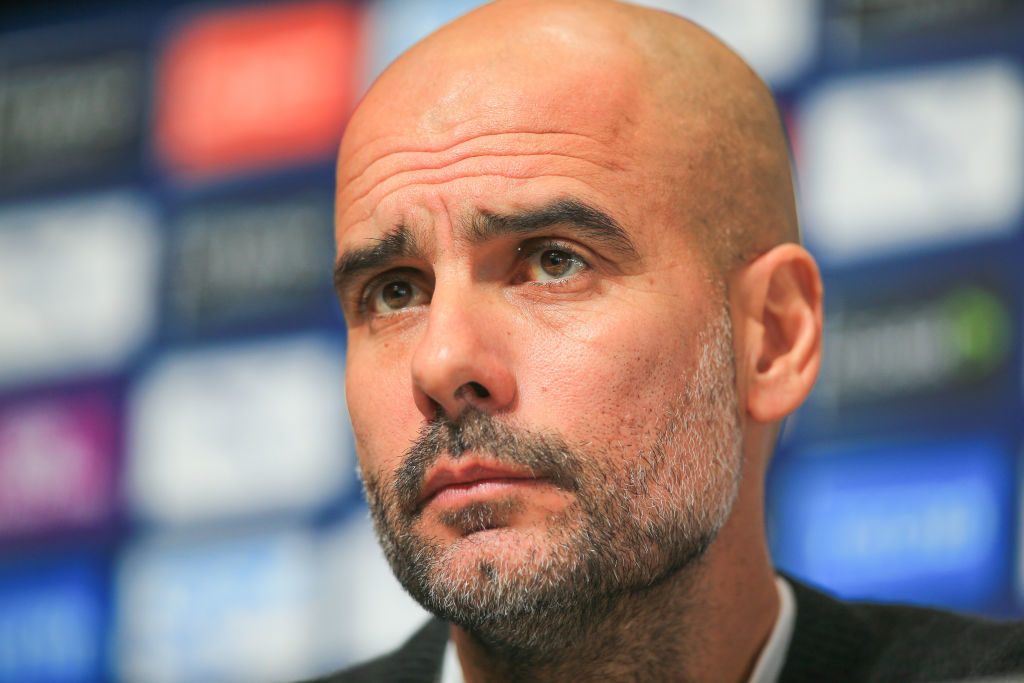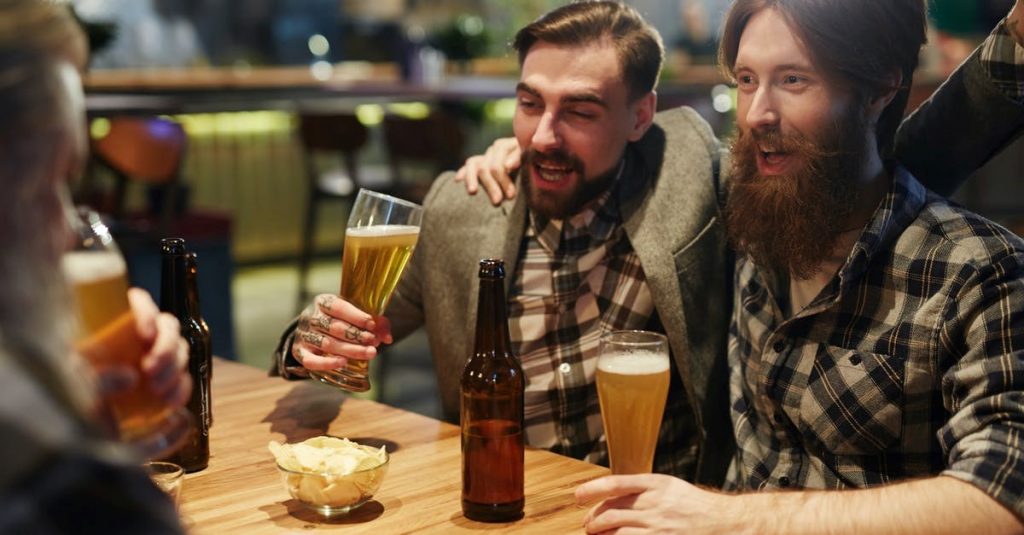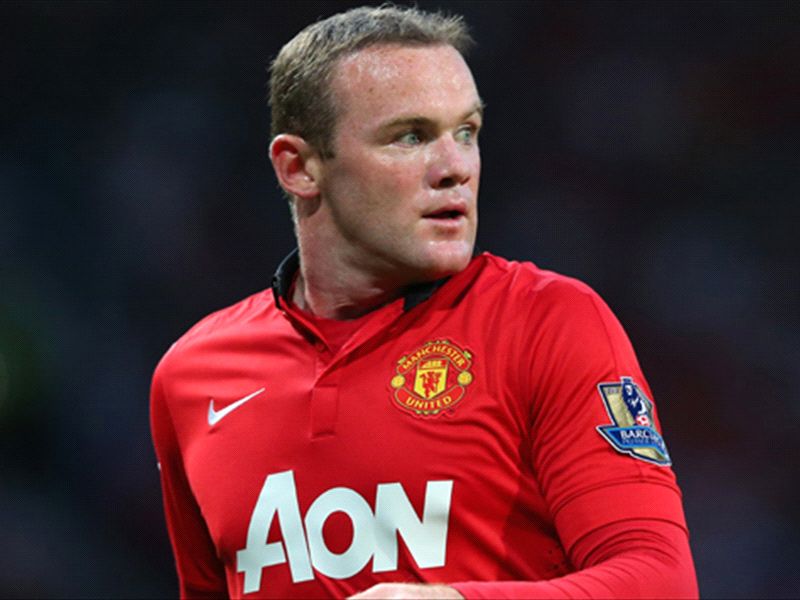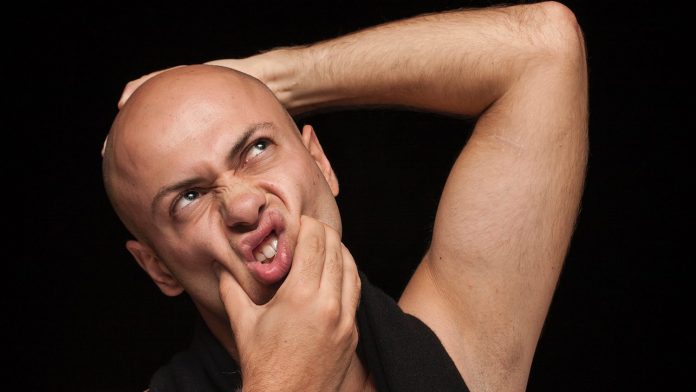Hair loss in men is our latest topic of discussion for this post, and to appropriately mark Men’s Health Awareness Month, Movember 2021, we are putting all things men’s health under the medical spotlight, and in particular, the not-so-talked-about conditions that adversely affect the mental health of men across the globe. For this blog post, I wanted to take a close-up look here at how hair loss can affect men’s mental well-being.
Hair loss in younger men: the difficulties they face in society
Hair loss, for centuries upon centuries, has seemingly long been considered a considerable loss of men’s masculinity and overall attractiveness. An idea which seems so outdated in today’s advanced society, right? Arguably, though, the stigma surrounding the condition that affects millions of young men worldwide is still, today, far too often associated with the idea of a loss of male youth and an attractive physical appearance.

So, what exactly has led to this stigma? Growing up in Ireland myself, I certainly feel as though a large degree of blame for this is laddish banter between large groups of men. Feeling judged and being shamed for something so natural and common is a hugely unfortunate experience for any men of any age to go through, and, whatever way you look at it, it still happens more than it should.
Hair loss having a potentially devastating effect on teenagers: can education system do more?
As hair loss can affect male teenagers, I feel as though they are not properly emotionally equipped to deal with the strain this can easily have on their mental well-being. Perhaps schools (secondary would be quite appropriate considering the fact that teenagers can begin to lose their hair quite early into their teenage years) could begin to incorporate topics such as hair loss in men, and the importance of self-confidence in relation to self-image. Maybe then the majority of men wouldn’t suffer from self-esteem-damaging self-confidence issues directly influenced by their lack of hair on their head.
Of course, each male teen and young male adult who experiences hair loss will deal with the situation in a different way to another, and the education system cannot be entirely to blame for the (in the majority of cases) negative impact on a man’s mental well-being that hair loss can have. “Will people still find me attractive?” and “will people think that there is something wrong with me?” must surely be some of the most common thoughts racing around the mind of many in the early stages of coming to terms with their changed physical appearance.
Harmful pub culture
In my eyes anyway, the pub culture within Ireland and the UK is not, to say the least, the ideal place nor environment for men to feel accepted when it comes to hair loss. I feel, rather, that it harms their self-confidence and self-esteem and further pushes them into the dark hole of silent suffering.

Every single one of us, regardless of sex and age, wants to fit in some way or another when it comes to our immediate social surroundings, and unfortunately for many men across the UK and Ireland, retreating into a lonely, suffer-in-silence-type mentality is an all-too-common way of escaping the self-confidence-harming banter.
It’s more than unfortunate that the idea of opening up and confronting mental demons and struggles has always been a kind of no-go zone for men. How refreshing would it be to see a pub culture where men felt comfortable enough to openly express their worries and emotions?!
Thankfully, this thought is no longer an inconceivable one, as it so often was in previous generations. More and more men are at last breaking down the long-held societal barriers that deprived them of being able to sit down and be listened to by a medical professional, colleague, friend, family member or loved one and to hear the (perhaps cliched but reassuring) expression “a problem shared is a problem halved” and feel the physical, mental and emotional burden be lifted off their shoulders.
Slowly but surely removing the stigma
Remember that Wayne Rooney tweet in the summer of 2011 when he publicly declared that he had been going bald since the age of 25? Before this public revelation, the early period of the 21st century was a slow-moving period of time when it came to removing the taboo, stigma-dominated subject, and although Rooney’s tweet helped a host of men his age, the Manchester United footballing legend did nonetheless receive his inevitable fair share of banter-inspired abuse. Even though quite a lot more needs to be done to reverse this cultural stigma surrounding hair loss in men, this moment was certainly one of the first steps up a substantially long staircase.

The effect of sitcoms on the image of bald men
Let’s face it, we’ve all laughed at the bald-man sitcom playful jokes, myself included. If you think about it though, and whether we like it or are aware of it or not, a great deal of our interaction with others is influenced in some way by what we consume. We seem to have adopted a mindset of if it’s acceptable on TV, then it’s acceptable in real life.
The portrayal of bald men, first of all, always seems to be men in the age bracket of early 40’s to mid-50’s, and a negative connotation is always tagging along behind the character, who is forced to be interpreted by the public as ugly and a failure, and someone who will always be single.
Although not “real life”, this can have a severely detrimental impact on a man’s self-worth and self-image. Baldness does not and should not define any man, but TV sitcoms arguably think it should be otherwise.
The self-freeing acceptance
The complete and utter self-freeing liberation that comes with acceptance of hair loss is the reward for men who have bravely overcome the mental struggles that inevitably accompany going through the experience, and more and more of the male population across the planet are, slowly but surely, getting to a stage where it’s becoming something that should be simply accepted by all of us as a natural part of life, regardless of age.
However, it’s important to highlight that not all men are affected by balding and actually a large chunk of the male population come to terms with their new-look physical appearance rather quickly. Look at the likes of Pep Guardiola and Dwayne ‘The Rock’ Johnson, for example, who have fully embraced their baldness and have dramatically changed the way we see bald men around the globe.
Hair transplants are always an option for people who have unexpectedly lost part of or all of their hair, and there are a host of various different options available for men who would like to maintain hair. You can visit Top Doctors to find out more about the specialists and most effective and popular hair-maintaining treatment options.








Join the discussion